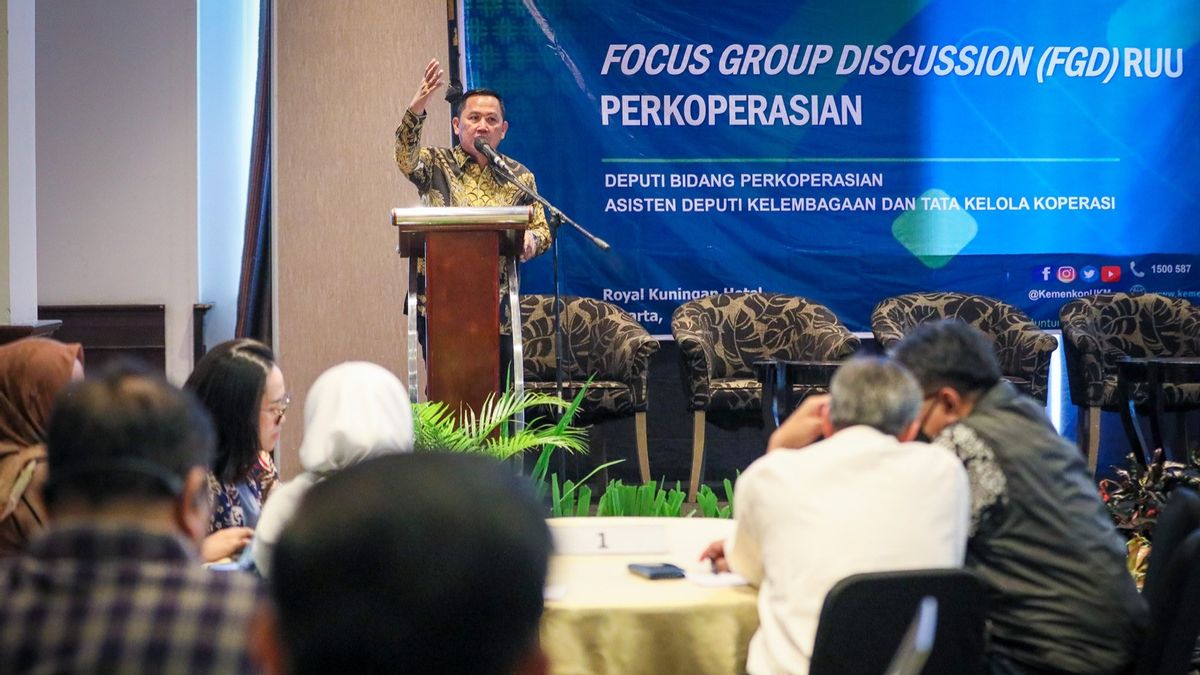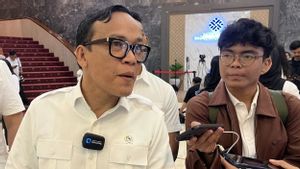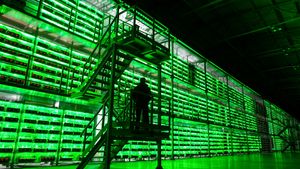JAKARTA - The practice of financial crimes by using the guise of cooperatives including extensive money laundering and systemic impacts among the public is feared to increase the case if the Cooperative Bill (RUU) is not ratified immediately.
Until now, it is known that Indonesia has not been able to carry out its functions as a deterrent to the practice of financial crimes under the guise of cooperatives, including money laundering which takes advantage of the weak gap in cooperative supervision.
Therefore, academics from the Faculty of Economics and Business, University of Indonesia, Emi Nurmayanti, hope that the new Cooperative Bill will be able to be a shield to ward off the white collar crime.
He said that money laundering in cooperatives is indeed an undeniable fact. "In the cooperative community, there is the term Cooperative Entrepreneur," Emi told reporters, on the sidelines of the Focus Group Discussion (FGD) of the Cooperative Bill, in Jakarta, quoted Thursday, April 13.
Emi admitted that many cooperatives, especially KSP, serve non-members. In fact, there are KSPs that have 10,000 customers, but only 200 people are members of the cooperative.
"This is one of the loopholes for money laundering," he said.
According to Emi, actually in the practice of cooperatives in Indonesia, many violate because supervision is still lacking and weak. In fact, there are no clear and firm rules for prosecution.
"And the new in the new Cooperative Bill has begun to be discussed on supervision, to criminal sanctions," he said.
Meanwhile, Deputy for Cooperatives of the Ministry of Cooperatives and SMEs Ahmad Zabadi revealed, there are at least three crucial and positive things that the community can feel, especially members of the cooperative with the presence of the new Cooperative Bill.
"First, there is a guarantee of protection for members and cooperatives with the presence of the Cooperative Deposit Insurance Corporation (LPS). Currently, there are around 30 million people registered as members of cooperatives whose deposits must be protected," he said.
Zabadi emphasized that the principle of justice that can also be felt by cooperative members, like customers in the banking sector, is the existence of a Cooperative LPS.
"I believe, if there was a Cooperative LPS, the impact of the default cooperative which is currently crowded would not be as big as it is now," he said.
Not only that, Zabadi said, there are still many MSME players who have not had access to financing from banks.
"If there is an LPS guarantee, the number of cooperative members of 30 million will increase again. On the other hand, MSME players who are not yet bankable can also be served by capital needs from cooperatives," he explained.
Second, said Zabadi, with the new Cooperative Bill, cooperatives can freely move to all business sectors, not just savings and loans.
"There should be no term cooperative settlement, because cooperatives are also business entities that have the same rights as other business entities," he explained.
Third, he continued, the new Cooperative Bill will present the Cooperative Supervisory Authority (OPK). This means that with the increasingly advanced dynamics of life in the community, strengthening cooperative supervision is something that must be done.
"Cooperation is also a financial services business. So, strengthening supervision will certainly increase public trust. All cooperatives, including large cooperatives, have agreed to be supervised by the OPK," he said.
He also underlined the strict criminal sanctions contained in the Cooperative Bill. Because, from the experience of problematic cooperative cases, the cooperative's financial business can be used for personal interests in business development.
"Not to mention the crime of money laundering which has been taking advantage of the existence of cooperatives," he said.
Therefore, Zabadi assessed that the new Cooperative Bill could at least close gaps and gaps that might occur in the future.
The English, Chinese, Japanese, Arabic, and French versions are automatically generated by the AI. So there may still be inaccuracies in translating, please always see Indonesian as our main language. (system supported by DigitalSiber.id)













